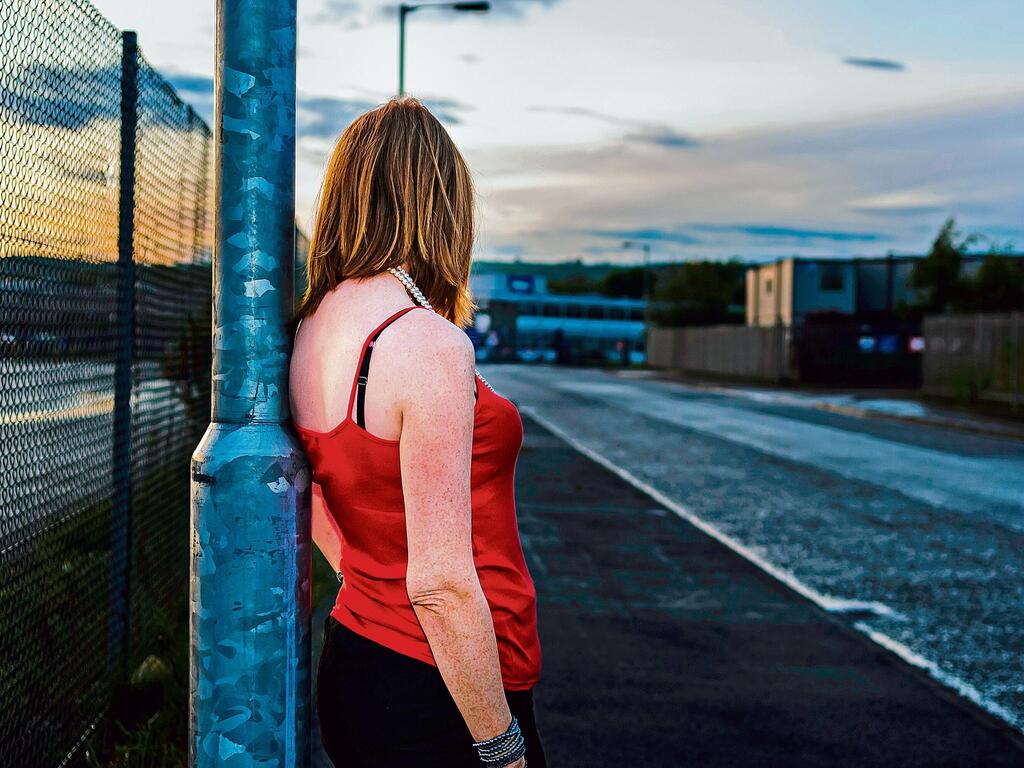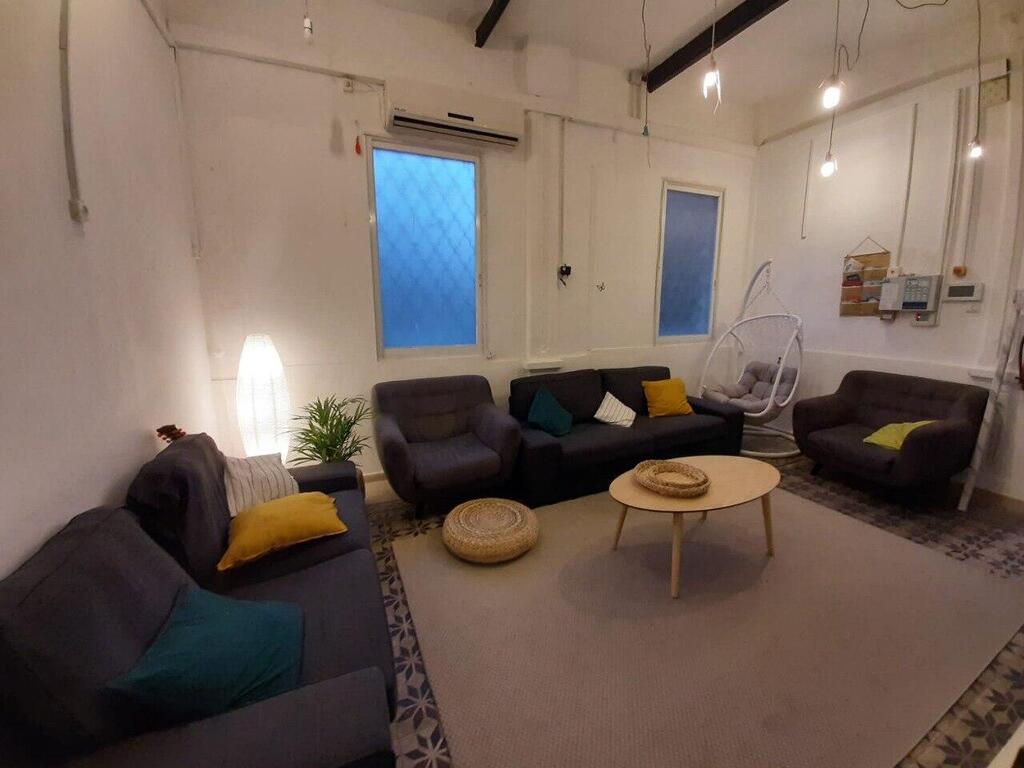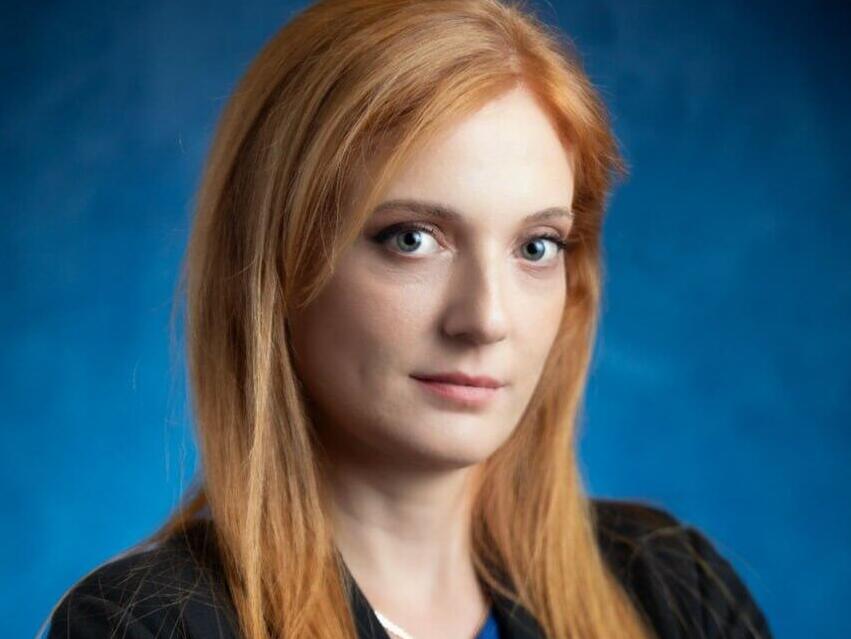Getting your Trinity Audio player ready...
At 25, Or (a pseudonym) lives in a rented apartment, works as a sales assistant and is determined to complete her high school diploma. But just a few years ago, she was caught in the world of prostitution, working out of discreet apartments, addicted and adrift.
Her path into sex work began long before she ever exchanged her body for a place to sleep or for drugs. Raised in a large ultra-Orthodox family, Or said she was overwhelmed by poverty, neglect and responsibility far beyond her years.
“I believed my soul came into this world to suffer,” she said. “I felt invisible.”
By age 17, after years of caring for younger siblings in a broken home, Or thought she had found a source of control—her body. “It wasn’t like I said to myself, ‘I’m going to make money through prostitution,’” she said. “It was more like, ‘We do drugs together, and then I have somewhere to sleep.’”
Her situation quickly spiraled. Despite knowing she needed help, she didn’t know where to turn—until she arrived at Alma, a shelter for girls and young women involved in prostitution. Operated by the nonprofit ELEM in partnership with the Welfare Ministry and the Petah Tikva municipality, Alma provides a safe space, meals, emotional support and a bed.
“They saw me as someone who needed a home and a safe place,” she said. “They embraced me no matter what.”
Even with that support, leaving the life was not easy. “When you’re addicted, you don’t know how to get out of it, or even where to begin,” she said.
Or only decided to take the first step toward leaving after a violent encounter with a client. “The end came only when I felt death,” she said.
Today, Or is considered one of Alma’s success stories. She still visits occasionally, while continuing to manage post-traumatic stress and the constant fear of slipping back into the cycle.
Alma is one of 16 “Lev Spaces”—facilities funded by the Welfare Ministry that assist girls. Three of them, including Alma, operate around the clock and offer overnight accommodations. The shelter features photos from social events and walls decorated with empowering messages. Some residents still venture into dangerous environments, including locations police often overlook.
Many minors enter prostitution at extremely young ages. Some are as young as 13. Despite years of awareness, the true scope of the phenomenon remains largely undocumented. The last official survey, conducted by the Welfare Ministry in 2016, identified approximately 1,300 minors in prostitution. But new estimates, released for the first time by the anti-trafficking task force and based on figures from welfare officials and nonprofit organizations, put the number closer to 3,000.
“If we look at the beginning of the continuum, we can estimate that in every school in Israel, there are at least five girls and two boys at risk,” said Eilat Amir Bar-On, head of services for women in prostitution and trafficking victims at the Welfare Ministry.
“Many adult women in prostitution were drawn into it as minors,” the task force report noted. “Prostitution is not a profession or a one-time act, but a life experience that deeply affects a person’s mental, physical and emotional health.”
“They say prostitution is a choice. It’s really not,” Or said. Her background, the lack of support and the absence of alternatives led her into sex work.
Despite suffering severe violence from clients, Or said police offered little support when she tried to report the abuse. “They treated me with contempt,” she said. “Even though I testified about the violence, they didn’t do anything. They wanted me to go back to the scene and record myself. I had no intention of doing that.”
A recent visit to Alma by members of the Knesset’s Committee on the Status of Women coincided with an urgent policy deadline. A temporary law banning the purchase of sex in Israel is set to expire. Lawmakers must vote soon on whether to make it permanent.
The 2019 law, passed after years of advocacy by women’s rights groups, represented a major shift in Israeli policy. It criminalized clients, not sex workers. A draft bill to make the law permanent has been published by the Justice Ministry and is awaiting advancement by the Ministerial Committee for Legislation.
“These are historic days,” said Moriah Silfen Rodel, director of Israel’s Task Force on Human Trafficking and Prostitution. Justice Minister Yariv Levin has pledged to prioritize the bill before the Knesset’s recess next week. “Only this way can we send a clear message—to survivors, to clients, and to Israeli society—that prostitution is a blight that must be eradicated,” she said.
Get the Ynetnews app on your smartphone: Google Play: https://bit.ly/4eJ37pE | Apple App Store: https://bit.ly/3ZL7iNv
But without enforcement, advocates warn, the law is meaningless. After hundreds of monthly fines were issued in 2021, enforcement dropped sharply. Just 173 fines were issued in all of 2024 so far.
“The most important thing is to deter pimps, johns and traffickers—because they are the ones creating demand,” said Yelena Divayne of Kol Survivors of Prostitution. “As long as we allow them to operate, rehabilitation efforts will always fall short.”
“The state already took the critical step of passing the law,” said Dr. Naama Goldberg, head of the organization Lo Omdot Mineged, which supports women in prostitution. “Now it needs to ensure it’s enforced. That’s the only way to stop the next generation from entering this cycle.”




